Psychotherapy vs. Medication: When Do You Need Both?
Psychotherapy vs. Medication: When Do You Need Both?
Mental health treatment is not a one-size-fits-all approach. For many individuals, the path to healing includes either psychotherapy, medication, or a combination of both. While some mental health conditions respond well to just one form of treatment, others require a more integrative approach. Understanding when to seek therapy, when medication may be necessary, and when the two should be combined can help individuals make informed decisions about their mental health care.
The Role of Psychotherapy in Mental Health Treatment
Psychotherapy, also known as talk therapy, is a process that involves working with a mental health professional to explore thoughts, emotions, and behaviors. Various therapeutic modalities are included in this such as Cognitive-Behavioral Therapy (CBT), Acceptance and Commitment Therapy (ACT), and Accelerated Resolution Therapy. These modalities help individuals gain insight, develop coping strategies, and make meaningful changes in their lives.
Therapy is especially beneficial for those experiencing:
Mild to moderate anxiety and depression
Relationship conflicts
Trauma
Stress management difficulties
Low self-esteem
Behavioral concerns related to ADHD and OCD
Psychotherapy helps individuals build resilience, challenge negative thought patterns, and create lasting behavioral changes. It is particularly effective for those who prefer to avoid medication or want to develop strong coping mechanisms before considering pharmaceutical interventions.
The Role of Medication in Mental Health Treatment
Medication is often prescribed to manage the symptoms of mental health disorders that stem from chemical imbalances in the brain. While medication does not provide a "cure," it can significantly reduce symptoms and allow individuals to function more effectively in their daily lives.
Common conditions that may require medication include:
Major depressive disorder
Bipolar disorder
Schizophrenia
Severe OCD
ADHD
PTSD with debilitating symptoms
Medication can help regulate mood, reduce intrusive thoughts, improve focus, and decrease anxiety. However, it is not a standalone solution. Proper medication management requires careful monitoring, adjustments, and, in many cases, concurrent therapy to achieve the best outcomes.
When Psychotherapy Alone Is Enough
For some individuals, psychotherapy provides the tools needed to manage mental health challenges without the use of medication. If symptoms are mild to moderate and do not significantly impair daily functioning, therapy alone may be sufficient. Many individuals prefer to try therapy first before turning to medication This approach allows them to develop skills that can prevent future relapses. Additionally, psychotherapy is the preferred approach for situational distress, such as grief, relationship struggles, or work-related stress. In these cases, medication may not be necessary. Often therapy can provide the support needed to navigate emotional difficulties effectively.
When Medication Is Necessary
While therapy is a powerful tool, some conditions require medication to stabilize symptoms before an individual can fully engage in the therapeutic process. In cases of severe mental illness, such as schizophrenia or bipolar disorder, medication is often a necessity. Without proper pharmacological intervention, individuals may struggle to participate in therapy due to extreme mood fluctuations, delusions, or psychosis. Similarly, for individuals with treatment non-responsive depression or debilitating anxiety medication can be crucial. The use of medication can provide the relief needed to regain motivation and engage in therapy more effectively. In such cases, medication helps to regulate emotions enough for individuals to process their thoughts and behaviors in a structured therapeutic setting.
When You Need Both Psychotherapy and Medication
The combination of psychotherapy and medication is often the most effective treatment for moderate to severe mental health conditions. Research consistently shows that individuals with depression, anxiety, PTSD, and other disorders achieve better long-term outcomes when both approaches are used together.
Situations that typically benefit from a combined approach include:
Severe Depression: Medication can alleviate symptoms such as low energy and suicidal thoughts, allowing individuals to engage more actively in therapy.
Generalized Anxiety Disorder: While therapy helps individuals develop long-term coping mechanisms, medication can provide short-term relief from excessive worry and panic attacks.
Bipolar Disorder: Medication stabilizes mood swings, while therapy helps individuals recognize triggers and develop healthier behaviors.
PTSD: Therapy is essential for processing trauma, but medication can help manage symptoms like hypervigilance and nightmares.
ADHD: Medication improves focus and impulse control, while therapy teaches skills for organization and emotional regulation.
The Importance of a Collaborative Treatment Plan
At Compass Psychiatric Wellness, we believe in a holistic, patient-centered approach to mental health care. Our team works collaboratively with patients to determine the most effective treatment plan based on their unique needs. We prioritize evidence-based care that integrates both medication and psychotherapy. Using trauma-informed approaches that acknowledge past experiences. Our conservative prescribing practices emphasize holistic well-being, ensuring that medications are used thoughtfully and appropriately.
Deciding whether to pursue psychotherapy, medication, or both is a personal decision that should be made with the guidance of a qualified mental health professional. While some individuals may benefit from therapy alone, others may need the additional support of medication to regain stability and well-being. If you are struggling with your mental health and unsure of the best path forward, Compass Psychiatric Wellness can help. Whether you need therapy, medication, or a combination of both, we are here to guide you toward lasting well-being. Click HERE to get started today!

